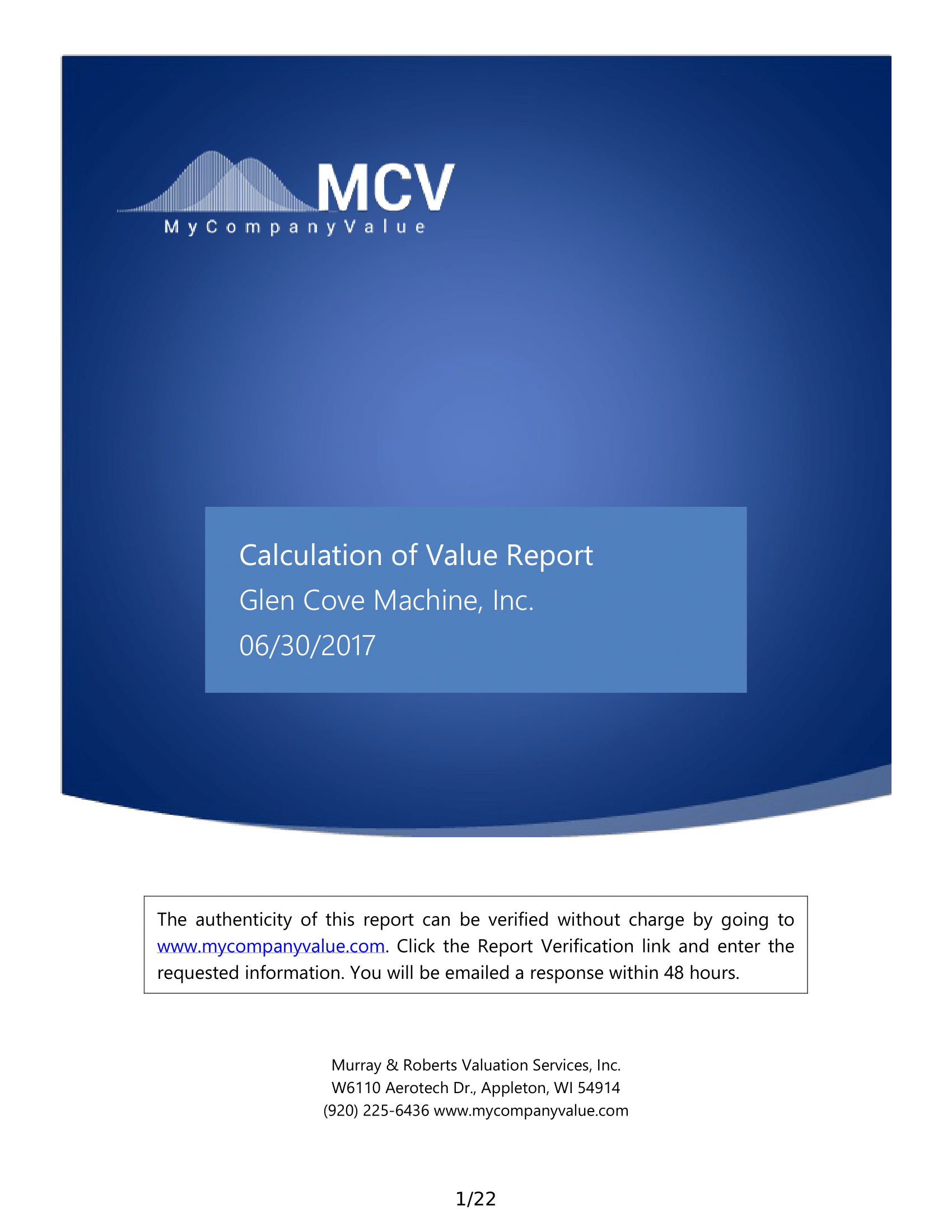Your Business' Genetic Code

The Impact of Industry Classification on Valuation (August 31, 2016)
Sometimes identifying your subject company’s specific industry and industry code is simple; often it is not. Carelessness in this step can have a significant impact on your conclusion of value.
One of the most common and dramatic examples of misclassification is the software industry. When asked, many software executives will describe their companies as ‘custom software providers’ principally because they like to describe their product as highly customized. However, the industry definition of custom software is software programming for hire; meaning the customer owns the copyrights to any code produced. This is very different from software publishing, where the software programming company owns the copyright to the code they sell.
Software publishers commonly sell for sales multiples that are double those of custom programmers. Unfortunately, software publishers are often classified as custom software providers simply because the owner described the company as a seller of customized software. A more accurate description would be highly customizable packaged software.
I recently testified as an expert witness in a divorce involving a company that used advanced technology to sell surveillance services to law enforcement. The opposing expert claimed that the industry classification (NAICS code) had not been defined yet because it was an entirely new industry. Based on this conclusion the opposing expert used the ‘general retail’ industry classification for industry specific data, and claimed that finding comparable companies for the market approach was impossible.
In my opinion, the company’s activity was simply an application of new technology to an older industry. Based on the services provided, I found that surveillance and investigation were the best industry classifications. The risk factors of those industries were similar to those of the subject company. The skill set and background of the subject company owner was similar to the skills and background of the typical surveillance or investigation company owner. Finally, the most probable acquirers of the subject company were companies in the surveillance and investigation business.
The opposing expert’s erroneous selection also resulted in a poor comparison to industry financial data, and would have resulted in an erroneous working capital adjustment, had they made one (failure to make an adjustment for working capital is another common error).
Failing to correctly classify the subject company’s business activity will impact your conclusion of value in many ways:comparison of subject company financial data to industry ratios will impact your assessment of specific company risk, the value determination under the market approach is derived from a group of private company sale transactions from the selected industry, industry average balance sheet data is used to estimate appropriate level of working capital and the resulting adjustment, and the industry specific risk premium or industry beta if used.
Often a seemingly trivial detail can have a surprising impact on your conclusion of value.
Brian Murray CPA/ABV, CVA specializes in business valuation, merger and acquisition consulting, and has served as an expert witness in court.

BRIAN MURRAY CPA/ABV CVA
Company founder Brian Murray CPA/ABV, CVA (Accredited in Business Valuation, Certified Valuation Analyst) has been in public accounting since 1997. Prior to that he was in finance at Kimberly-Clark Corp., audit at M&I Bank Corp., and accounting manager at Browning-Ferris Ind. Brian's areas of specialty are estate and trust tax and business valuation.Brian's community involvement includes: serving as Treasurer of the Salvation Army Fox Cities, serving on the Board of Directors of the Fox Valley Humane Society, serving on the Board of Directors of Big Brothers/Big Sisters, serving on the Board of Directors of the Wildwood Film Festival, and serving on the Board of Directors of Mothers and Unborn Baby Care. Brian also volunteered as a Big Brother for four years, and for United Way's fundraising campaign for multiple years. Brian and his family live in Neenah, WI.
Brian has been consulting clients regarding business value and merger & acquisition transactions since 2000. The majority of the valuation reports written were to aid a buyer or seller in a transaction or negotiation. Brian has often served as lead negotiator for prospective buyers or sellers.
Brian has served as an expert witness in corporate litigation cases as well as divorce, and has performed valuations for estate and gift tax returns, and estate planning.
